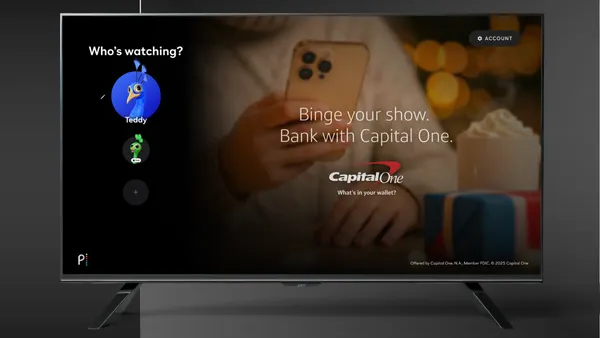Dive Brief:
- Google is refunding hundreds of its advertising partners for ads served on websites with fake traffic, according to a report in The Wall Street Journal. The refunds are based on ads bought via DoubleClick Bid Manager over the last few months, mostly in Q2, the Journal said.
- Google is reimbursing brands and agencies based on its "platform fee," which industry buyers told the Journal range from 7% to 10% of the total purchase. Those reimbursements are considered low for some executives, but Google defended the payments, stating they represent its exposure in the overall process of buying ads via the exchange.
- The refunds were confirmed for the Journal by Scott Spencer, director of product management for Google. The tech giant is also working toward a larger solution that offers more transparency over the entire media supply chain, including discussions with the more than 100 exchanges, ad networks and publishers that are part of the DoubleClick Bid Manager around refunding the entire media spend in cases of ad fraud. With that in place, ad buyers could filter any sources of ad inventory that didn't adopt a refund policy.
Dive Insight:
Refunding advertisers hurt by fraud illustrates how seriously Google is taking the idea of improving transparency around digital ad buying, especially automated programmatic buys on exchanges. Trust in online advertising has degraded considerably over the past year or so, as issues like ad fraud and poor marketing measurement have made major brands wary of the channel, even as it reaches parity with TV in terms of media spend. Estimates from the verification firm Adloox suggest over $16 billion will be lost to fraud this year, per CNBC.
CPG giants P&G and Unilever are increasingly vocal in their criticisms of digital advertising, a frustration reflected in their ad spending. P&G in Q4 cut over $100 million from its digital budget with no discernable negative effect on sales, lending credence to its criticisms. That's bad news for Google, which still makes the vast majority of its revenue from digital advertising.
At the risk of losing more of that business, Google is moving away from an agnostic role as tech provider to instead put a more concentrated effort into cleaning up the digital media supply chain and keeping its partners happy, as evidenced by the refunds. Earlier this summer, the Alphabet-owned company also began running tests with media partners including CBS, NBCU and The New York Times to root out the fraudulent practice of domain spoofing. The results at the time found millions of video and display ads available on exchanges even though the publishers had removed their actual inventory for sale.












